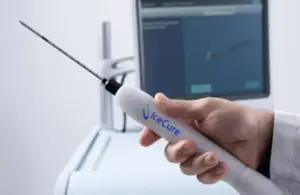
FDA approves IceCure cryoablation for breast cancer
IceCure Medical (Nasdaq:ICCM) announced today that the FDA granted marketing authorization for its ProSense cryoablation system for breast cancer.

IceCure Medical (Nasdaq:ICCM) announced today that the FDA granted marketing authorization for its ProSense cryoablation system for breast cancer.

Hologic’s FDA clearance for its Panther Fusion GI Bacterial and Expanded Bacterial Assays represents the company’s entry into the gastroenteritis test market.
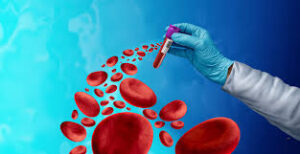
SAN DIEGO, Oct. 1, 2025 /PRNewswire/ — A groundbreaking study published in Translational Lung Cancer Research reveals the potential of LungCanSeek, a novel blood test that uses four protein markers and artificial intelligence, to transform lung cancer screening by making early detection both highly effective and cost-efficient for broad populations, including those in low- and middle-income countries.
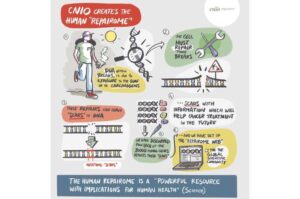
You can always be judged by your scars. This is the idea that sums up one of the new advances in basic and biomedical research published in the journal Science by the Spanish National Cancer Research Center (CNIO). It is the “human REPAIRome”—a name that refers to the repair of breaks in the DNA molecule.
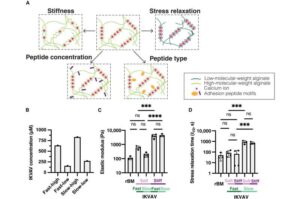
In 2020, right when Jane Baude was starting her Ph.D. research at UC Santa Barbara, she learned that a critical component of her experiment—the gel needed to grow and test mammary epithelial cells—wouldn’t be available for nearly a year because of pandemic-related production issues. So, she and her advisor, professor Ryan Stowers, decided to pivot: Baude would engineer her own gel to study cells.
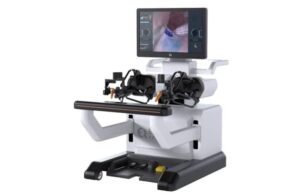
EndoQuest Robotics recently announced the completion of the first procedure performed by a gastroenterologist in its PARADIGM trial.
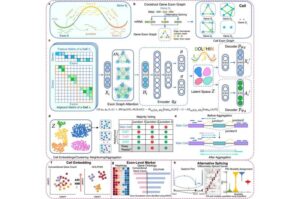
McGill University researchers have developed an artificial intelligence tool that can detect previously invisible disease markers inside single cells.

A new study by investigators from Mass General Brigham shows that a non-drug, wearable device can help people with substance-use disorders (SUD) manage stress, reduce cravings, and lower their risk of relapse in real time. Their results are published in JAMA Psychiatry.
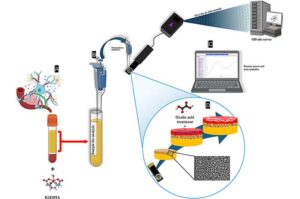
Scientists at the University of Liverpool have developed a new low-cost blood test that could make it easier to detect Alzheimer’s disease at an earlier stage—helping patients receive treatment and support sooner.

Flu season is fast approaching in the northern hemisphere. And a taste-based influenza test could someday have you swapping nasal swabs for chewing gum. A new molecular sensor has been designed to release a thyme flavor when it encounters the influenza virus.